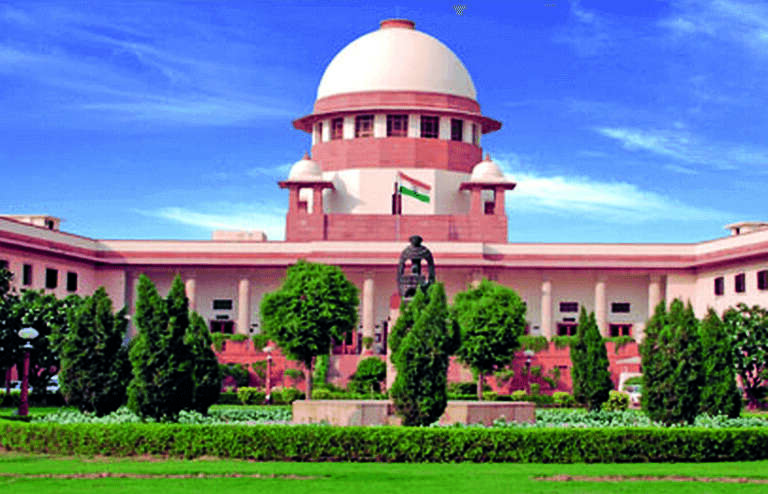EWS quota: Reservation has social, financial connotations, meant for oppressed, says SC

New Delhi: Observing that poverty is not a "permanent thing", the Supreme Court said on Thursday the Economically Weaker Sections (EWS) among upper castes could be promoted through various affirmative actions at the "threshold level" like giving them scholarships instead of 10 per cent quotas in government jobs and educational institutions.
It said the term reservation has different connotations such as social and financial empowerment and is meant for the classes that have been oppressed for centuries.
A five judge constitution bench headed by Chief Justice Uday Umesh Lalit said reservation has been given to those stigmatised for centuries due to their caste and vocations and the EWS among forward classes could have been given facilities like scholarship and free education without the government getting into the "reservation issue".
When it is about other reservations, it is attached to lineage. That backwardness is not something which is temporary. Rather, it goes down to centuries and generations. But economic backwardness can be temporary, said the bench.
Solicitor General Tushar Mehta, appearing for the Centre, defended the 103rd constitutional amendment, saying the 10 per cent quota for the EWS of general category has been provided without disturbing the 50 per cent reservation available to SCs, STs and OBCs, and the parliamentary wisdom, leading to a constitutional amendment cannot be set aside without establishing that it violated the basic structure of the Constitution.
The other side is not denying the fact that people, who are struggling or who are poverty stricken in that unreserved class, needed some support. There is no doubt about that.
"What is being submitted is that you can try to elevate that class by giving them sufficient opportunities at the threshold level, say at the 10+2 level... Give them a scholarship. Give them the freeship so that they get the opportunity to learn, to educate themselves or to elevate themselves, said the bench which also comprised Justices Dinesh Maheshwari, S Ravindra Bhat, Bela M Trivedi and J B Pardiwala.
The court said reservation as a traditional concept has different meanings and connotations and it is not just about financial empowerment but social and political empowerment.
"It enables the disadvantaged class to be part of the apparatus of the government. So, the reservation has various other facets to it not just trying to improvise the economic situation...But, here is only one facet that is to improve the economic status of a man or a woman of general class. You could have done anything else. Why do you have to indulge in this reservation issue, it said.
The solicitor general argued in detail on the state's power to take affirmative action to elevate the poor among the general category and said the constitutional amendment furthers and strengthens the basic feature of the Constitution and its validity cannot be tested on grounds of some statistics.



